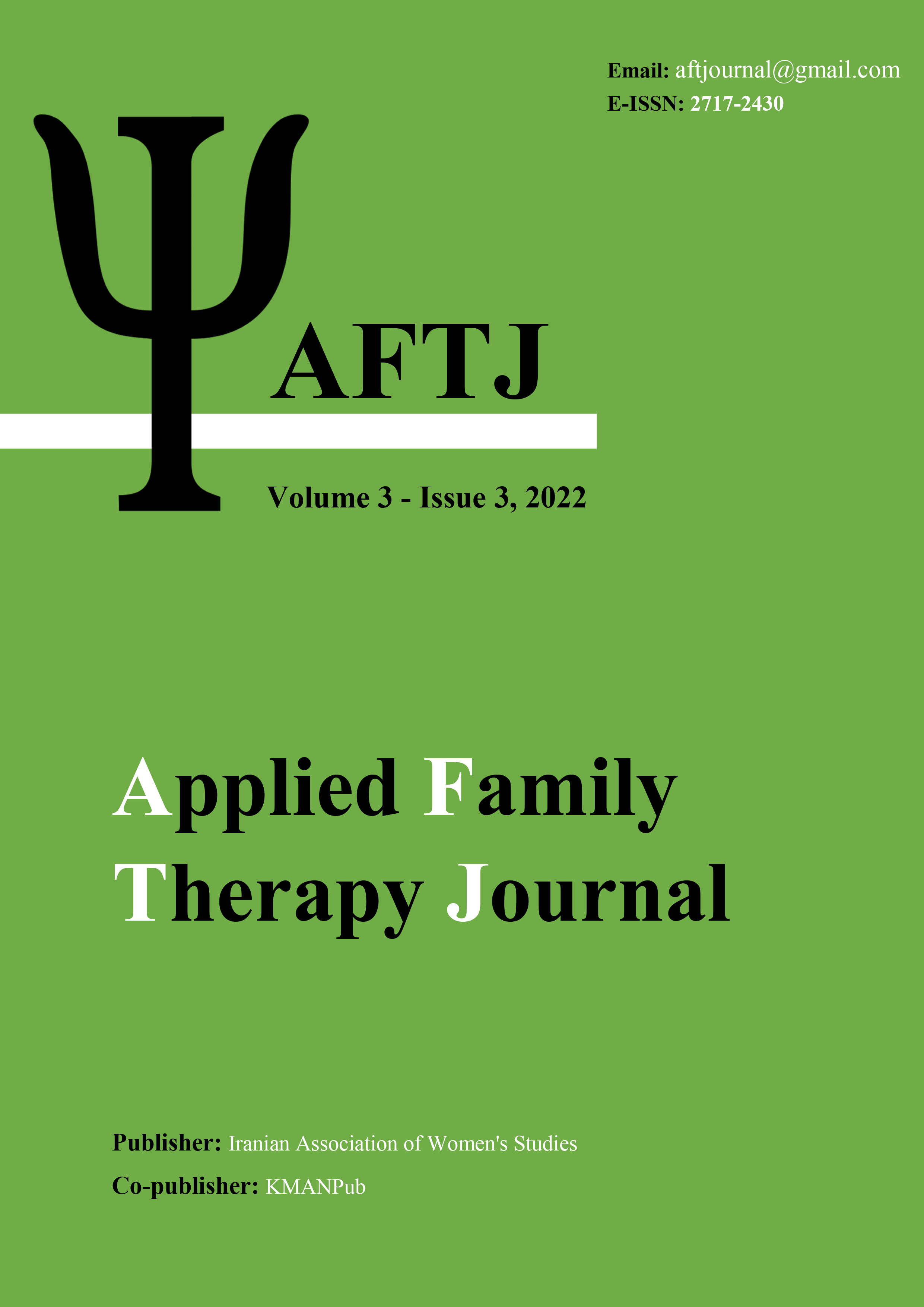Structural relationships of pain intensity and self-efficacy with fear of movement mediated by psychological distress in women with rheumatoid arthritis
Keywords:
fear of movement, joint rheumatism, pain intensity, self-efficacy, psychological distress.Abstract
Aim: The present study was conducted with the aim of determining the relationship between pain intensity and self-efficacy with fear of movement with the mediation of psychological distress in women with rheumatoid arthritis. Methods: The current research method was correlation based on the structural equation model. The statistical population of this study included women with rheumatism referred to the rheumatology clinic of Imam Khomeini Hospital (RA) in Sari city. 224 participants were selected as a sample using the available and purposeful sampling method and answered the questions of Tempa fear of movement scale (Corey et al., 1990), brief pain intensity questionnaire (Cleland, 1991), pain self-efficacy questionnaire (Nicholas, 1989) and Psychological Distress Scale (Laviband & Laviband, 1995). Data analysis was done using the structural equation modeling method. Results: It showed that pain intensity has a direct effect on fear of movement (p<0.01, β=0.32); Pain self-efficacy has a direct effect on fear of movement (p<0.01, β=0.42); Psychological distress has a direct effect on fear of movement (p<0.01, β=0.78); Pain intensity has an indirect effect on fear of movement with the mediation of psychological distress (β=0.532, p < 0.01) and pain self-efficacy has an indirect effect on fear of movement with the mediation of psychological distress (p < 0.01, 0.530). =β). Conclusion: The model of fear of movement based on pain intensity and self-efficacy with the mediation of psychological distress is suitable in women with rheumatism. The findings of this study prove the importance of psychological interventions in reducing physical symptoms in chronic diseases.
Downloads
Downloads
Published
Issue
Section
License

This work is licensed under a Creative Commons Attribution-NonCommercial 4.0 International License.





















